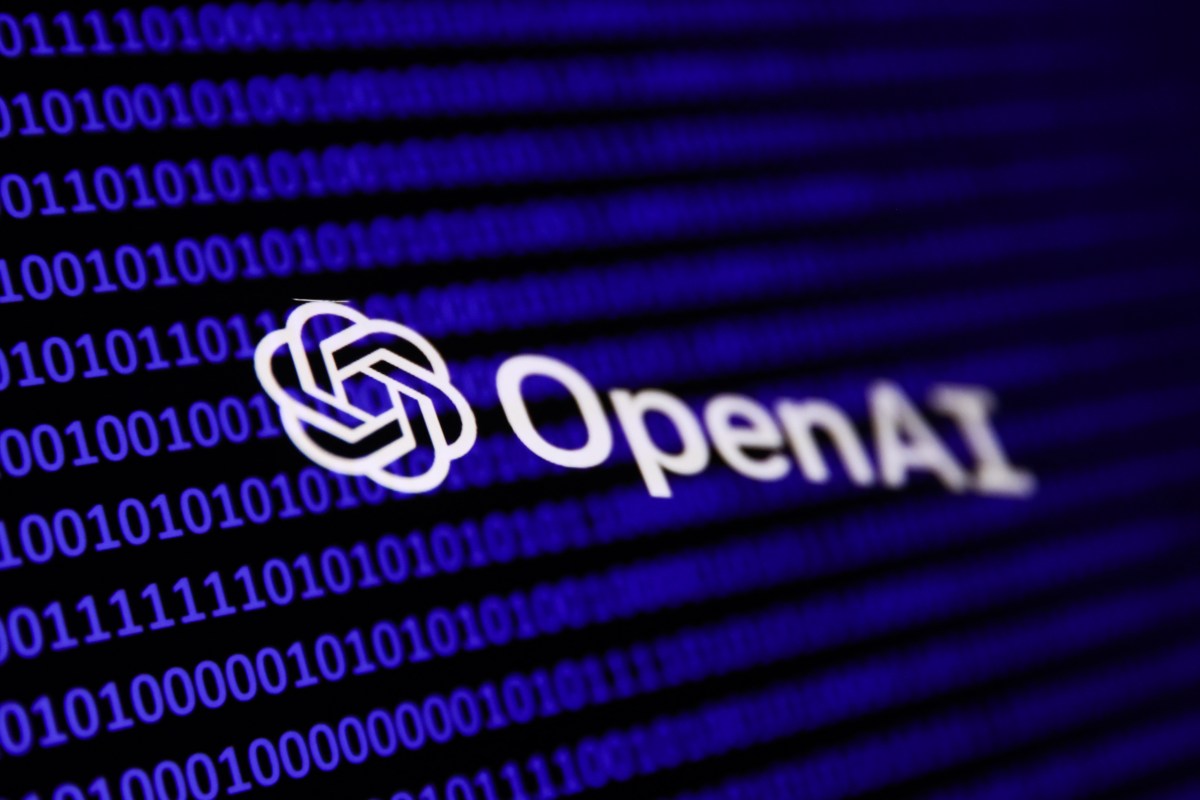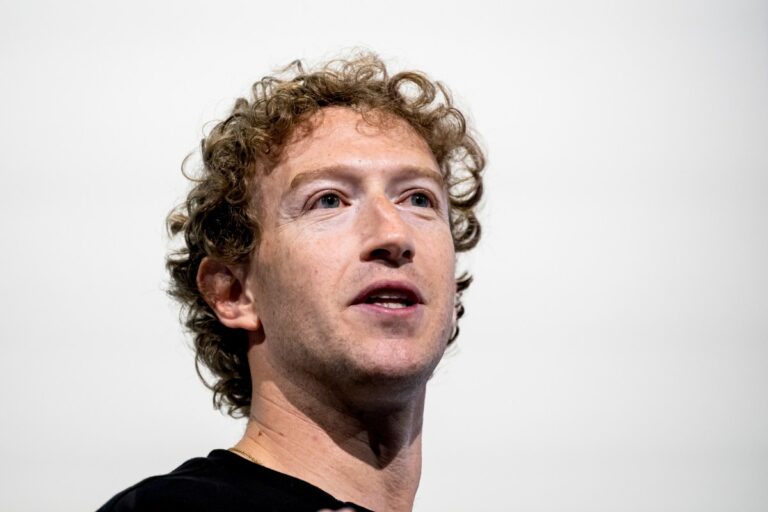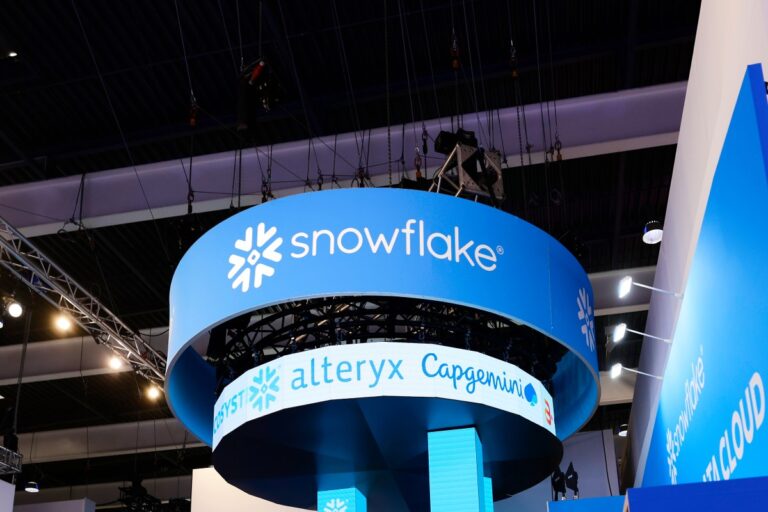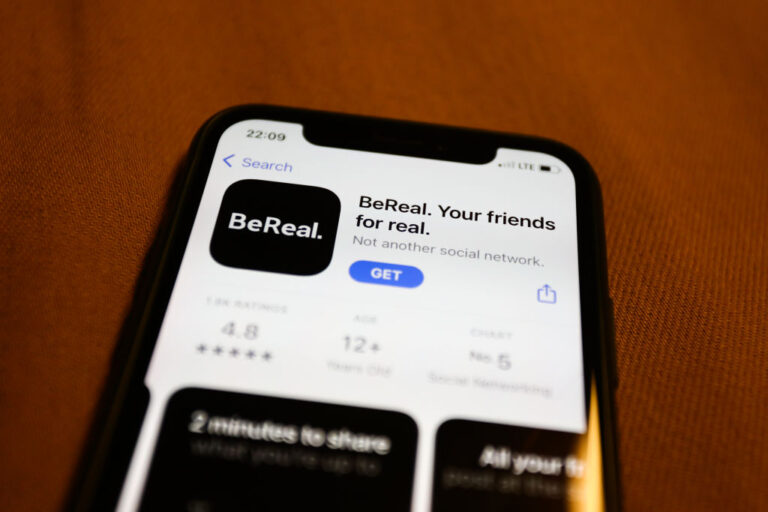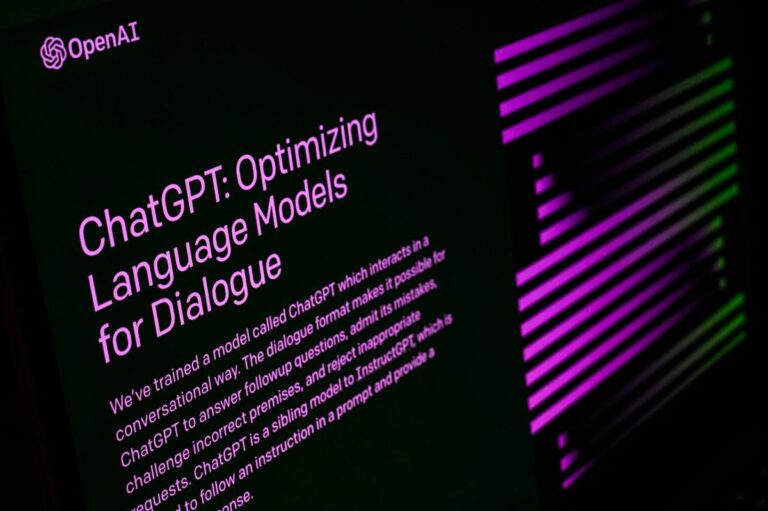OpenAI’s AI Models Allegedly Trained on Paywalled O’Reilly Books, Researchers Claim
OpenAI is facing serious allegations regarding the training of its AI models on copyrighted content without proper authorization. A recent study by the AI Disclosures Project claims that OpenAI has increasingly utilized non-public books without licensing them, raising significant concerns about copyright infringement in AI training practices.
Understanding AI Models and Their Training
AI models, including those developed by OpenAI, function as sophisticated prediction engines. They are trained on vast amounts of data, such as books, movies, and TV shows, to recognize patterns and generate responses based on user prompts. For instance, when an AI model produces an essay on a Greek tragedy or creates images in the style of Studio Ghibli, it is drawing from its extensive database rather than generating entirely new content.
The Shift Towards AI-Generated Data
As AI labs, including OpenAI, look for more efficient data sources, there has been a notable shift towards using AI-generated data for training. Although some organizations completely rely on synthetic data, most still incorporate real-world information to maintain model performance and accuracy.
Allegations from the AI Disclosures Project
The AI Disclosures Project, co-founded in 2024 by Tim O’Reilly and economist Ilan Strauss, has raised serious concerns about OpenAI’s practices. The organization claims that OpenAI’s GPT-4o model was trained on paywalled books from O’Reilly Media without a licensing agreement. This is significant because GPT-4o is the default model used in ChatGPT.
The authors of the paper state that “GPT-4o demonstrates strong recognition of paywalled O’Reilly book content, significantly more than the earlier model, GPT-3.5 Turbo.” This raises questions about the ethical implications of OpenAI’s training methods.
Methodology Behind the Findings
The study employed a technique known as DE-COP, which aims to identify copyrighted material in AI training datasets. This method evaluates whether a model can distinguish between human-written texts and their AI-generated counterparts. The findings suggest that GPT-4o has prior knowledge of various non-public O’Reilly books, indicating potential copyright violations.
Implications of the Findings
While the study provides compelling evidence, the authors acknowledge that their methods are not foolproof, and it is possible that OpenAI sourced some material from user submissions. Additionally, the paper did not analyze OpenAI’s most recent models, including GPT-4.5, leaving questions about their training data.
OpenAI’s Response to Copyright Concerns
OpenAI has been actively pursuing high-quality training data and has even employed journalists to enhance its models’ accuracy. It is important to note that OpenAI does have licensing agreements with various content providers, ensuring some compliance with copyright laws. The company also offers opt-out mechanisms for copyright holders to prevent their content from being used in training.
Conclusion
As OpenAI faces multiple lawsuits concerning its data practices and copyright adherence, the findings from the O’Reilly paper add to the scrutiny surrounding the company’s training methodologies. OpenAI has yet to respond publicly to these allegations, leaving many questions unanswered regarding the future of AI and copyright law.
For more information on the implications of AI in copyright law, visit Copyright.gov.

